Less
Summary:
You are a failed novelist about to turn fifty. A wedding invitation arrives in the mail: your boyfriend of the past nine years is engaged to someone else. You can't say yes--it would be too awkward--and you can't say no--it would look like defeat. On your desk are a series of invitations to half-baked literary events around the world.
QUESTION: How do you arrange to skip town?
ANSWER: You accept them all.
What would possibly go wrong? Arthur Less will almost fall in love in Paris, almost fall to his death in Berlin, barely escape to a Moroccan ski chalet from a Saharan sandstorm, accidentally book himself as the (only) writer-in-residence at a Christian Retreat Center in Southern India, and encounter, on a desert island in the Arabian Sea, the last person on Earth he wants to face. Somewhere in there: he will turn fifty. Through it all, there is his first love. And there is his last.
Because, despite all these mishaps, missteps, misunderstandings and mistakes, “Less” is, above all, a love story.
A scintillating satire of the American abroad, a rumination on time and the human heart, a bittersweet romance of chances lost, by an author The New York Times has hailed as "inspired, lyrical," "elegiac," "ingenious," as well as "too sappy by half," “Less” shows a writer at the peak of his talents raising the curtain on our shared human comedy. (Summary and cover courtesy of goodreads.com)
Review:
This is a book that I was a little surprised won a Pulitzer. There were definitely aspects that had a lot of potential and I was eager to see how they were explored. I was curious to see how Arthur confronted developing an identity beyond his association with his previous relationship, growing older, and what reflections would be revealed. Instead, while there was some superficial development, the book reminded me a bit of “Eat, Pray, Love” where a relatively privileged individual heads out for a trip around the world to “find himself” and avoid an awkward situation. Heartwarming, but not lifechanging.
I did like that the characters had flaws, there were few who were “idealized” and I liked that dynamic. Unfortunately for me it wasn’t enough quite to put it over the edge into something poignant that will stick with me over time. I am happy that there was some diversity in the Pulitzer prize winner, but would be curious to hear what aspects others found so incredible.
Rating: 3 stars!
Who should read it? Folks who are fans of Pulitzer list reading and looking for LGBT diversity in a love story!


